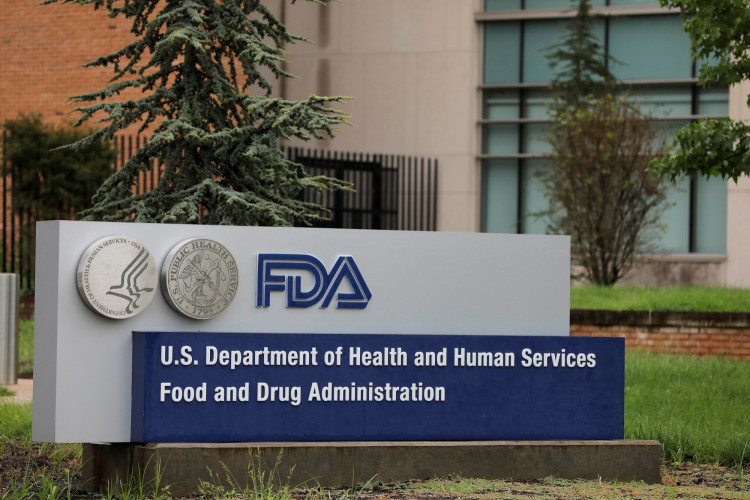The U.S. Food and Drug Administration (FDA) has officially authorized the sale of Zyn nicotine pouches, a significant milestone in the tobacco industry's efforts to offer alternatives to traditional smoking products. The decision, announced Thursday, follows an extensive scientific review, with regulators highlighting potential health benefits for adult smokers while facing criticism over the product's potential appeal to minors.
The FDA approved 10 flavors of Zyn, including popular options like mint, coffee, and menthol, marking the first time nicotine pouches have received federal authorization. The agency noted that Zyn is less harmful than cigarettes and other smokeless tobacco products such as snuff, which are known to cause cancer and other life-threatening illnesses.
"The data show that these nicotine pouch products meet that bar by benefiting adults who use cigarettes or smokeless tobacco products and completely switch to these products," stated Matthew Farrelly, director of the FDA's Center for Tobacco Products.
Zyn, developed by Swedish Match and marketed in the U.S. by Philip Morris International, has been a rapidly growing segment of the tobacco market. Unlike traditional tobacco products, Zyn pouches contain nicotine and flavoring but no actual tobacco. This distinction has positioned them as an alternative for smokers seeking to reduce or quit their dependence on cigarettes.
FDA officials emphasized that the approval does not mean Zyn is safe, only that it poses fewer health risks compared to conventional tobacco products. "There is no safe tobacco product," the FDA cautioned. "Youth should not use tobacco products, and adults who do not use tobacco products should not start."
The approval has reignited debates over the safety and marketing of flavored nicotine products. Critics, including the Campaign for Tobacco-Free Kids, have expressed concern about flavors like citrus and peppermint, arguing they may appeal to underage users.
"The FDA today has set a dangerous precedent by authorizing the sale of flavored nicotine products that could attract kids," said Yolonda Richardson of the Campaign for Tobacco-Free Kids. "This decision risks repeating the mistakes made with e-cigarettes, which led to a youth vaping epidemic."
The FDA countered these concerns by citing government survey data showing that fewer than 2% of high school and middle school students reported using nicotine pouches last year. Regulators also pledged to continue monitoring youth usage trends and take action if necessary.
The controversy surrounding Zyn has also spilled into the political arena. Democratic Senator Charles Schumer of New York called for increased scrutiny of nicotine pouches earlier this year, citing their potential appeal to teenagers. On the other hand, some Republicans criticized the scrutiny, framing it as government overreach.
Philip Morris has maintained that Zyn is marketed responsibly, emphasizing that the company does not use online influencers or endorsements to promote the product. "The FDA's authorization is an important step in providing adult smokers with better alternatives to cigarettes," Swedish Match said in a statement following the announcement.
The nicotine pouch market has been growing in recent years as tobacco companies look to offset declining cigarette sales. While products like Zyn have gained traction among adult users, they have also drawn comparisons to earlier controversies surrounding e-cigarettes, which faced backlash for fueling a rise in youth vaping.
Despite the concerns, supporters of Zyn argue that the product offers a practical solution for smokers seeking to quit. The pouches function similarly to nicotine gum and lozenges, releasing small amounts of nicotine absorbed through the gums to curb cravings.





